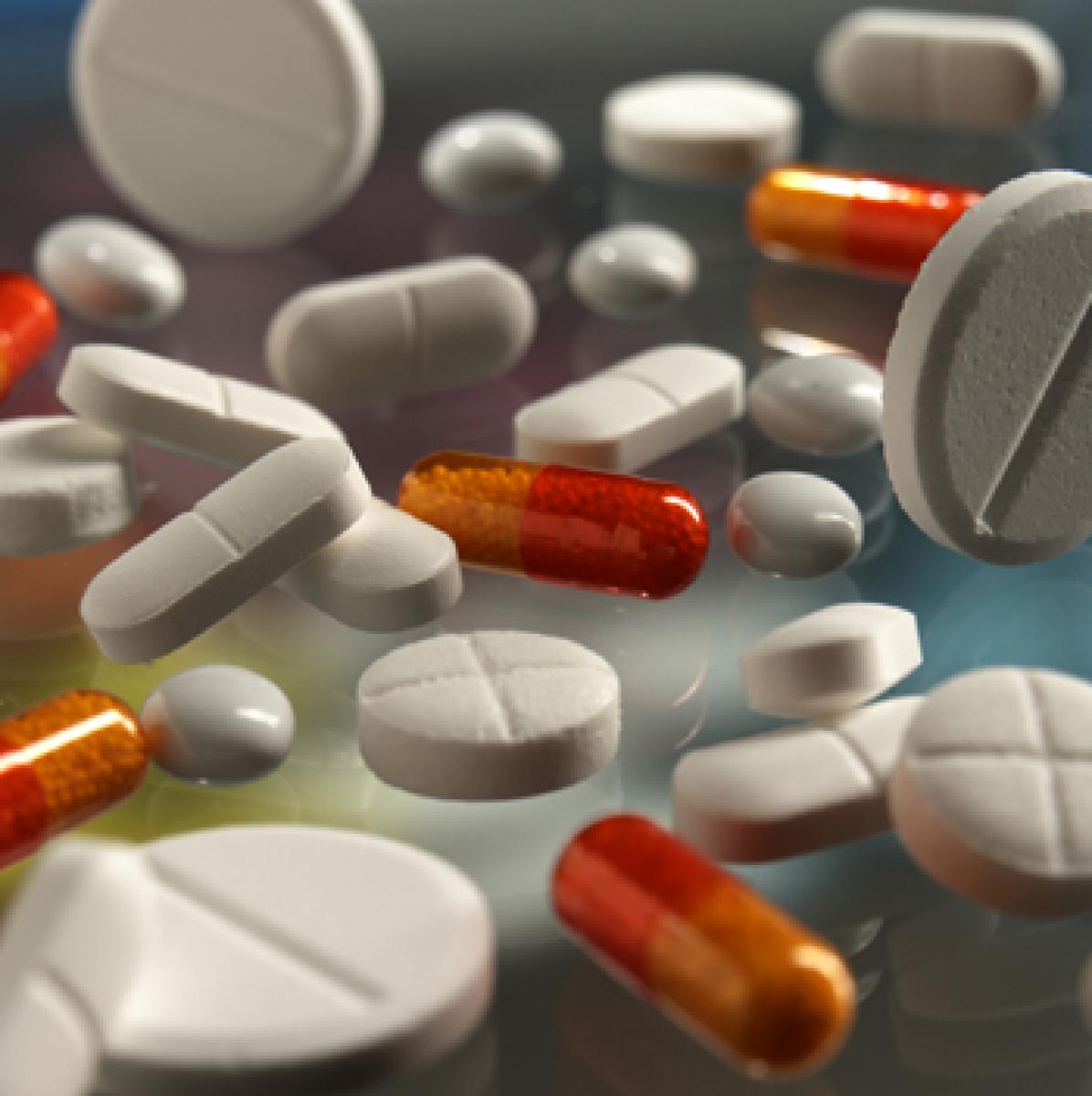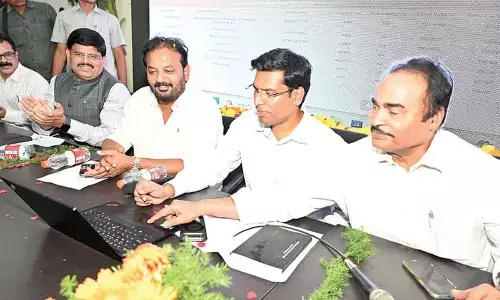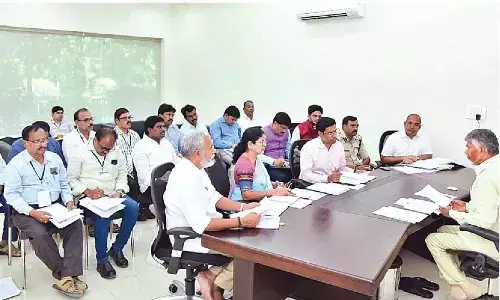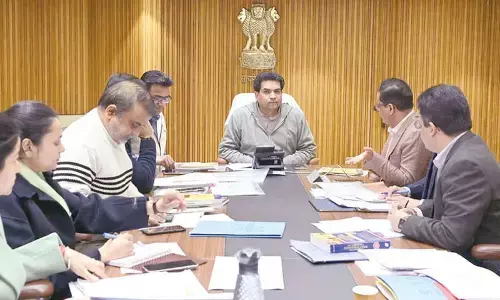How India tackles drug reactions data ignored

With 10 per cent of 3.63 trillion medicines popped worldwide in 2015, India is the world’s third-largest medicine market. It stands to scientific reason that these drugs will have side effects.
With 10 per cent of 3.63 trillion medicines popped worldwide in 2015, India is the world’s third-largest medicine market. It stands to scientific reason that these drugs will have side effects. Yet, in 2013, India reported no more than two per cent of globally occurring adverse drug reactions (ADRs), jargon for side effects of medicines, logged in Vigibase, maintained by the Uppsala Monitoring Centre, a World Health Organisation collaborating centre for international drug monitoring.
It isn’t as if drugs have fewer side effects in India. Serious effects were seen in 6.7 per cent of patients, a 2014 study reported. Other studies have cited drug side effects as the reason for 3.4 per cent of hospital admissions in India, 3.7 per cent hospital readmissions and 1.8 per cent mortality. In the developed world, adverse reactions are believed to be the fourth-leading cause of death.
Within India, the ADR reporting rate (ADRs reported per million population) has almost doubled in the last three years to 40, but it is lower than 130, the average ADR reporting rate for high-income countries, and clearly disproportionate to the country’s population and medicine consumption. In other words, India addresses the problem of adverse drug reactions by ignoring or not reporting the data.
A medicine labelled safe for clinical use after trials could still be found to be dangerous – as happened with Rofecoxib, a non-steroidal anti-inflammatory drug, a runaway success after its 1999 launch. Between its launch and 2004, Rofecoxib reportedly caused between 88,000 and 1,40,000 cardiac events. This forced Merck, the drug’s maker, to voluntarily withdraw it from the US market, in turn prompting a ban in India, although no significant cardiac event was reported as a side effect.
In 2004, pharmacovigilance in India existed only on paper, although formal monitoring began 18 years before that, in 1986, and India signed up to the WHO Programme for International Drug Monitoring in 1997. Reporting was lax until the launch of the Pharmacovigilance Programme of India in 2010. Carelessness, insensitivity among reasons for India’s poor reporting of side effects Some key reasons behind India’s poor track record in reporting ADRs: Nurses, who are most likely to see a patient suffer a side effect, are expected to inform the treating doctor but seldom do.
“Doctors in India are careless in prescribing medicines, because they know they will not be held accountable for their actions, and are equally careless about reporting ADRs,” said Kunal Saha, a US-based doctor who has waged a decade-long legal battle after his wife Anuradha Saha died of side effects of a drug overdose when she was being treated for a skin allergy in 1998.
Settling Saha’s case, the Supreme Court ruled that medical negligence includes not informing patients about the possible side effects of a drug. “Physicians prescribe new drugs at the behest of medical representatives even without reading the drug pharmacology, driven by the promise of gifts, despite this being illegal,” said Saha. “Patients are prescribed excessive doses, unwarranted drugs or unwarranted combinations.”
Some doctors don’t know that drug side effects should be reported to any one of 150 ADR monitoring centres across India, nor are they adept at recognising a drug side effect. Side effects are usually thought of as an immediate adverse drug reaction. That’s not always the case. For instance, a blockbuster diabetes drug, Metformin, reduces the absorption of Vitamin B12 from dietary sources,, says a study.
“A deficiency of vitamin B12 can, in turn, cause mental disabilities, slowness, forgetfulness, and, most significantly, exacerbate the onset and progression of diabetic neuropathy, a disease of the nerves that commonly occurs in advanced diabetes patients,” said study co-author, Atul Gogia, consultant, Internal Medicine, at Sir Ganga Ram Hospital, Delhi.
While his finding has not led Gogia to change his prescriptions for diabetes patients, it has made him more conscious about the potential impact of his prescriptions. “Vegetarian diabetes patients could especially be at high risk of developing vitamin B12 deficiency because of the combination of their diet and prescription,” said Gogia. “Now we get patients’ vitamin B12 levels tested and prescribe them supplements if needed.”

















